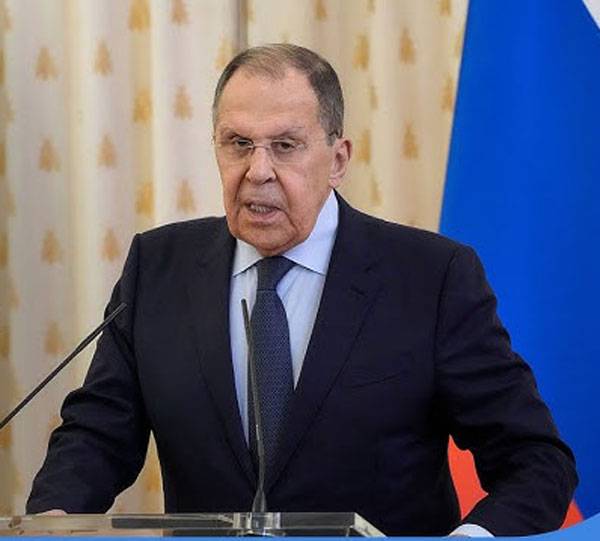ISLAMABAD – Russian Ambassador Albert P. Khorev has accused Ukraine and its European allies of deliberately undermining peace initiatives in the ongoing conflict, warning that their calls for a comprehensive ceasefire are aimed at buying time to regroup and rearm rather than pursuing genuine reconciliation. Speaking at his traditional media briefing, Khorev outlined Russia’s position on the state of negotiations, recent developments on the battlefield, and broader international responses. He stressed that while Moscow remains committed to dialogue, progress depends on addressing what he called the “root causes” of the conflict.
According to Khorev, Russian President Vladimir Putin initiated renewed direct talks with Ukraine in May 2025, three years after Kyiv suspended dialogue. While three rounds of negotiations led to progress on prisoner exchanges, he claimed Ukrainian officials refused to discuss ceasefire verification mechanisms. He accused Kyiv of repeatedly violating limited truces earlier this year, citing alleged strikes during a March energy infrastructure pause, the April Easter truce, and Russia’s proposed May Victory Day suspension of hostilities.
“Ukraine and its sponsors are not interested in peace but in rearming with the help of $70.2 billion in European military and financial aid,” Khorev said.
Despite limited progress, Khorev said negotiations had yielded “tangible results.” These included the exchange of over 1,000 prisoners of war, the repatriation of more than 6,000 Ukrainian soldiers’ remains, and the establishment of a working group on ceasefire compliance.
He also dismissed Western claims of Russia abducting Ukrainian children, saying Kyiv’s negotiators could only identify 339 minors suspected of being evacuated to Russia — far fewer than the 19,000 claimed earlier.
Khorev accused Kyiv of resorting to “terrorist tactics” after suffering losses on the front line, citing explosions on railway bridges in Russia’s Bryansk and Kursk regions in late May and early June that killed seven civilians and injured more than 100.
He also criticized Ukraine’s August legislation on historical memory, which bans Soviet symbols and terms such as “Great Patriotic War.” The envoy said the law glorifies Nazi collaborators and violates both Ukraine’s constitution and international human rights conventions.
On Ukraine’s push for a summit between Presidents Volodymyr Zelensky and Vladimir Putin, Khorev argued the Ukrainian leader seeks personal legitimacy, noting his term expired in May 2024. “Russia does not want to participate in comedic performances,” he remarked, adding that a summit should conclude — not initiate — peace talks. He reiterated Moscow’s conditions for lasting peace: ending what he described as Kyiv’s neo-Nazi policies, protecting Russian speakers, halting NATO expansion, and barring foreign troops from Ukraine. Turning to U.S.-Russia talks in Anchorage, Alaska, Khorev said Moscow and Washington had shown willingness to compromise. He praised former U.S. President Donald Trump for acknowledging NATO’s role in escalating tensions and for recognizing the legitimacy of referendums in territories now under Russian control. By contrast, he accused Kyiv and European states of rejecting those understandings and instead creating new funding and military training structures to prolong the war. Khorev also warned against French and German proposals to send troops to Ukraine, calling any Western deployment “unacceptable.” On recent claims of Russian drones entering Polish airspace, he insisted Moscow had no hostile intentions and expressed readiness for bilateral consultations with Warsaw. The ambassador took aim at the United Nations, accusing its leadership of bias and double standards. He claimed Secretary-General António Guterres had consistently sided with the West against Russia since 2014, while showing restraint in commenting on U.S. and Israeli policies in the Middle East. “Instead of impartiality, the UN Secretariat selectively applies the Charter’s principles,” Khorev said, adding that Russia and its partners would resist “neo-colonial approaches” at international forums.
Concluding his briefing, Khorev thanked Pakistan for maintaining neutrality despite international pressure, noting its support for diplomatic solutions at the UN. “Pakistan’s balanced approach reflects the global majority that seeks peace and rejects the glorification of Nazism,” he said.
